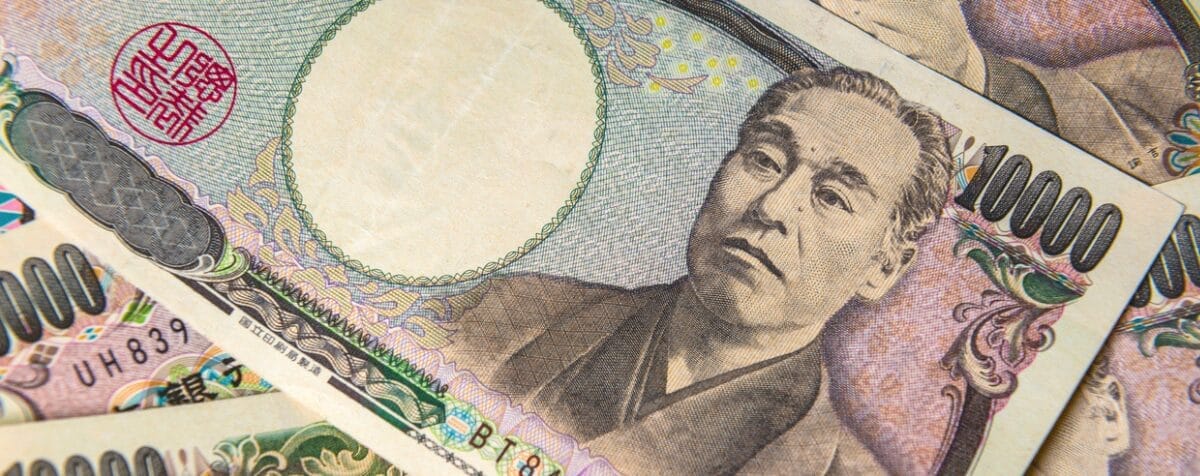The $23 billion pension fund of the state of Geneva in Switzerland is favouring Japanese equities and seeking opportunities to acquire them when prices decline amid factors including attractive dividend yields, the monetary policy by the Japanese central bank and stable consumer habits.
Gregoire Haenni, chief investment officer at Caisse de prevoyance de l’Etat de Geneve (CPEG), said in an interview on the sidelines of the 17th Global Fiduciary Symposium in Tokyo that CPEG maintains a significant allocation to Japanese equities and has plans to persist in their investment.
Japan’s Nikkei stock average has gained 25 per cent so far this year, outperforming the performance of the MSCI China index, which has declined 11 per cent and the S&P 500 which has climbed 15 per cent.
The pension fund holds a bullish outlook on equities, particularly in Japan.
“Within equities, we like Japanese equities,” Haenni said. “One reason is that the BOJ is still in the normalization mode and not in the tightening mode, which is favorable for Japanese equities,” he said.
Haenni said consumption is an important component in contributing to Japanese gross domestic product but the country’s consumers lack an inflation mentality, indicating that stable consumer habits are playing a role in boosting the resilience of the economy.
Additionally, there is a positive trend in promoting corporate governance in Japan. “Top management is increasingly aware of shareholders’ benefits,” Haenni said. “In the past, we’ve seen many false starts in Japan, but this time we are seeing a favorable opportunity.”
The chief investment officer noted a capability within Japanese companies to foster value and growth. In contrast to the US, where challenges are seen, especially to “Magnificent Seven” artificial intelligence growth stocks, Japanese corporations demonstrate more capacity for generating value.
Japanese companies are gradually increasing prices after absorbing inflationary pressures. Such moves are expected to increase profitability by incorporating inflation into their pricing, Haenni said.
CPEG holds a positive outlook toward companies, particularly those aligned with the green transition. “Japanese institutional investors should consider investments in sectors that support net-zero commitments,” Haenni said.
Meanwhile, CPEG views currency risk as a significant concern, with a lower yen potentially leading to inflation due to increased import costs to weigh Japanese equities.
Regarding BOJ, CPEG anticipates that it is likely to address inflation and tighten its monetary policy. This move could dampen market sentiment but the rate hike is expected to proceed gradually. The BOJ is expected to slowly adjust its yield curve control (YCC) policy and adopt a less aggressive policy compared to other central banks, he said.
With inflation already exceeding the BOJ’s 2% target for more than a year, the central bank tweaked YCC in October to allow long-term rates to rise more, a move seen by markets as a step toward phasing out its huge stimulus.
In the event of a significant decline in Japanese stocks, CPEG would treat it as an opportunity. “Japanese equities will correct at some point but it’s a good strategy to buy when there is a correction,” Haenni said.



